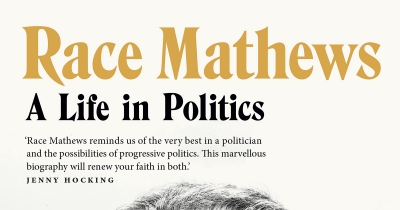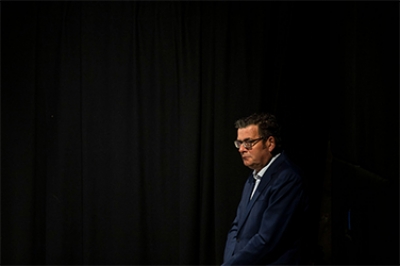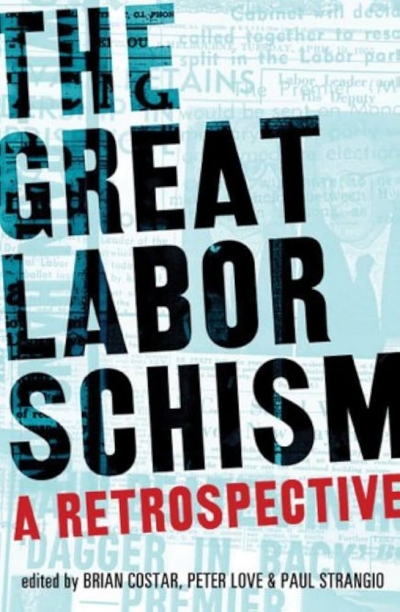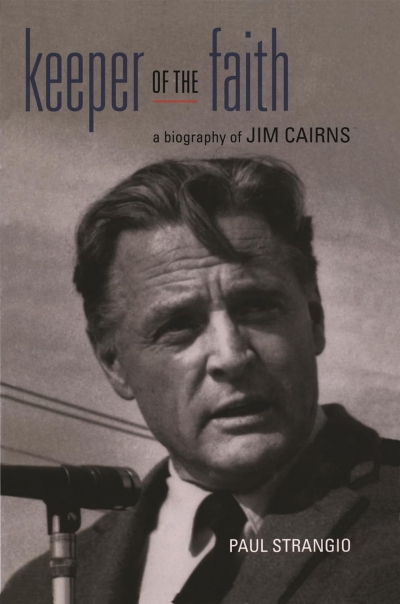Paul Strangio
It was in the wake of the landslide re-election of Daniel Andrews’s Labor government in November 2018 that the former Coalition prime minister, John Howard, christened Victoria ‘the Massachusetts of Australia’. Coming from Howard, this characterisation of Victoria was not meant as a compliment. Rather, it seemed designed as a consolation message for the local Liberal Party. He was providing them with an alibi for their lengthening record of under-performance in the state. Victoria, Howard seemed to be saying, was simply impervious to the party’s conservative values.
... (read more)Follow the leader: Democracy and the rise of the strongman (Quarterly Essay 71) by Laura Tingle
by Paul Strangio •
Settling the Office: The Australian Prime Ministership from Federation to Reconstruction by Paul Strangio, Paul 't Hart, and James Walter
by Stephen Mills •
The Victorian Premiers 1856–2006 edited by Paul Strangio and Brian Costar
by John Button •
The Great Labor Schism: A retrospective edited by Brian Costar, Peter Love and Paul Strangio
by Chris McConville •
Keeper of the Faith: A biography of Jim Cairns by Paul Strangio
by Gideon Haigh •







